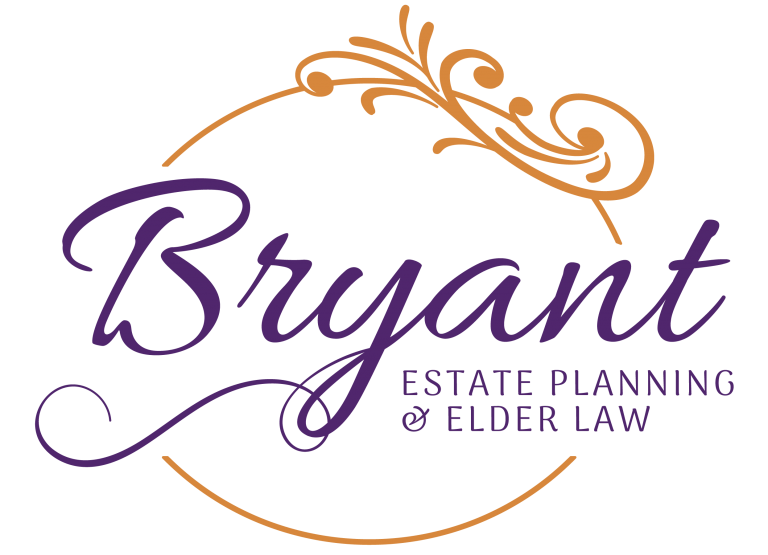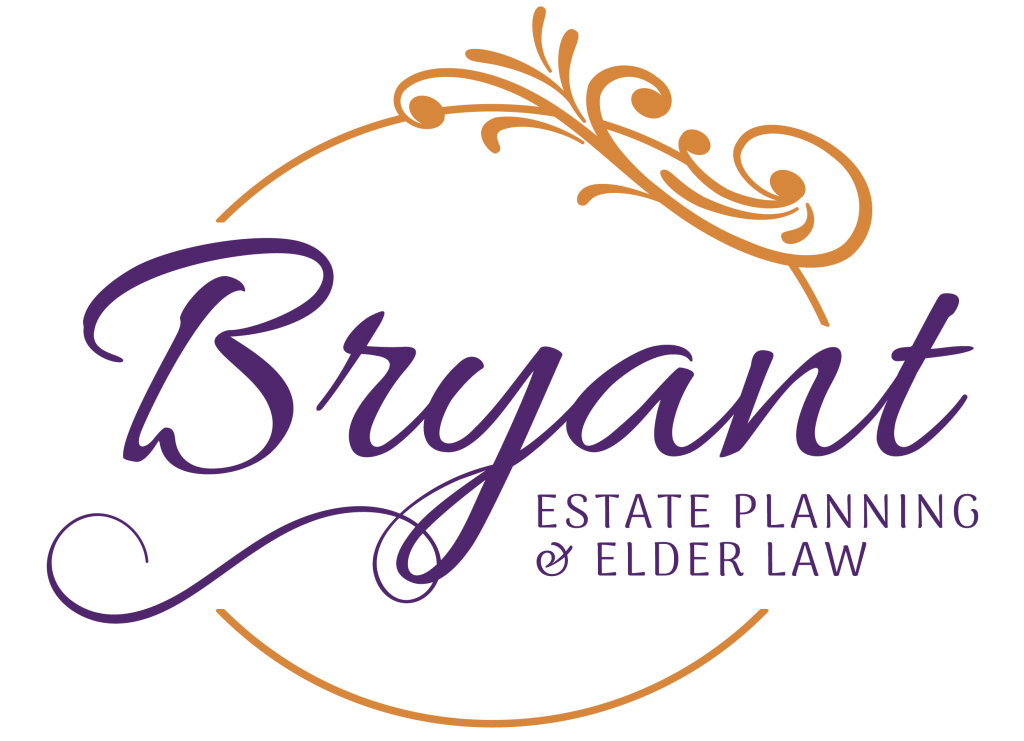Medi-Cal Planning Overview
Related Services
Get Help Now
Medi-Cal Planning Overview
There are two main medical insurance programs provided by the federal government in the United States – Medicare and Medicaid. Medicare typically provides health care coverage if you have a work history and are 65 and older, or are on Social Security Disability benefits. Medicaid is primarily funded by the federal government, but is administered by each individual state. California’s version of Medicaid is called Medi-Cal.
Many individuals believe that Medicare will pay for long-term care in skilled nursing; however, Medicare does not pay indefinitely, and in some instances, it may not pay at all. Specifically, Medicare only pays for a nursing home for about 100 days. Additionally, Medicare does not pay for ongoing treatment in skilled nursing for conditions such as Alzheimers or Parkinsons. These are considered custodial nursing stays, which are not covered by Medicare. In those situations, you are required to either pay out-of-pocket, or qualify for Medi-Cal. Unlike Medicare, Medi-Cal will pay for nursing home long-term care for the rest of an individual’s life, once qualified as long as they maintain financial eligibility and medical need.
Medi-Cal Qualification
To qualify for Medi-Cal, there are two types of assets: exempt and non-exempt. The amount of combined assets required to qualify is fairly strict.
Exempt Assets
Exempt assets are not considered when determining eligibility. Examples include:
- Primary residence of applicant or spouse. Nursing home residents must have an intent to return home even if this never actually can happen
- Personal belongings
- Household goods
- One car
- Burial plots and certain related items, up to $1,500, designated as a burial fund and irrevocable prepaid funerary expenses.
- Immediate annuities.
- Value of life insurance if face value is $1,500 or less.
- The IRA of the Medi-Cal applicant if he/she is receiving a minimum distribution.
- The IRA of the applicant’s spouse, regardless of value.
Non-exempt Assets
Non-exempt assets are considered when determining Medi-Cal eligibility. Anything that can be valued and turned into cash is a countable asset. This includes:
- Cash.
- Savings and checking accounts.
- U.S. Savings Bonds.
- Real estate other than primary residence.
- Other cars, boats, RV’s, motorcycles, jet skis, etc.
- Stocks, bonds, mutual funds.
- Deferred annuities.
- Life insurance policies exceeding $1,500 in total face value.
- Notes and deeds of trust carried back by the applicant and his or her spouse.
A single person will qualify for Medi-Cal as long as he/she has only exempt assets plus a small amount of cash and/or money in the bank ($130,000).
A married couple can have exempt assets plus $195,000 of non-exempt assets (2023).

